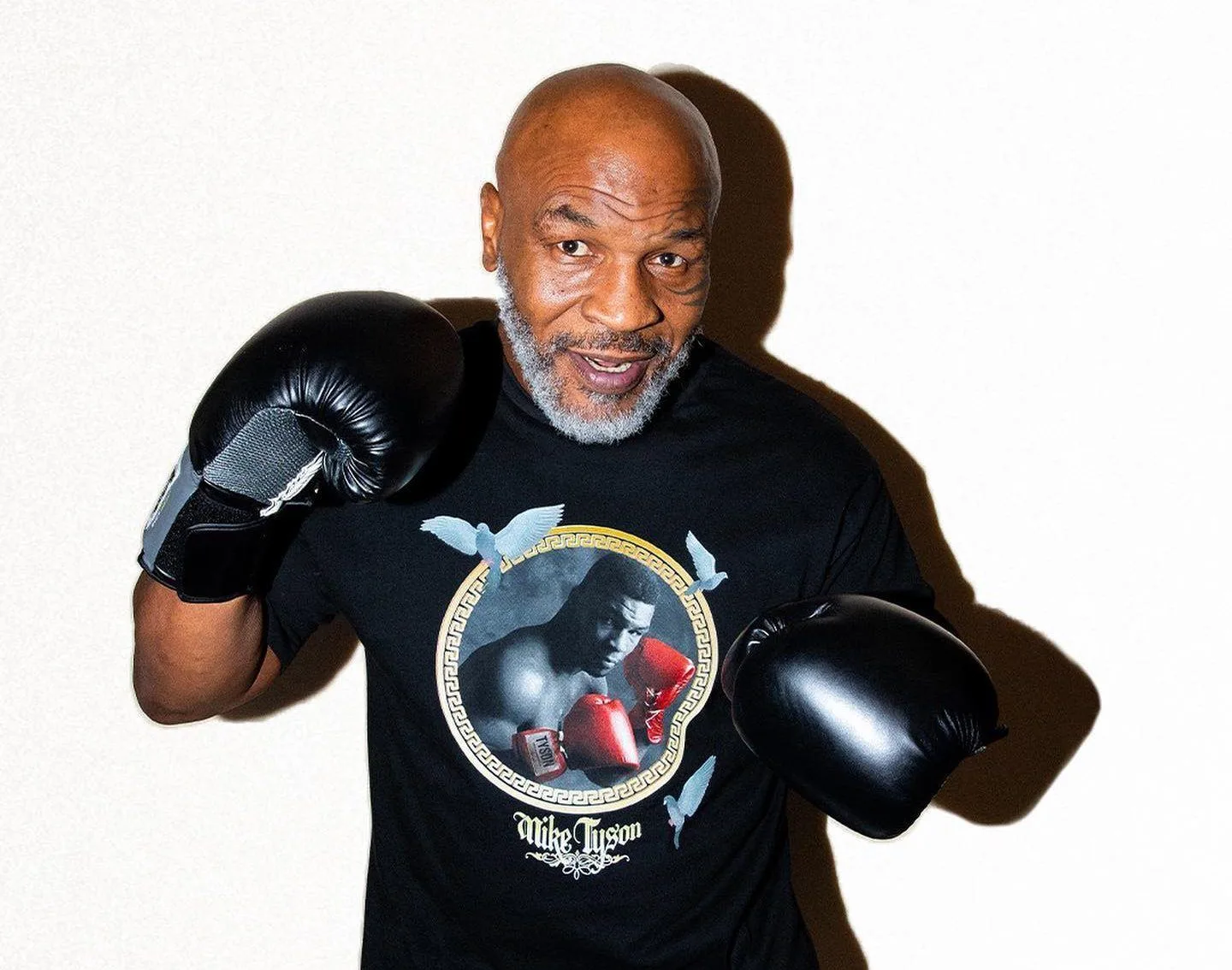After 164 fights and at least seven concussions, boxing champion Mike Tyson was forced to retire in 2015 due to constant head trauma. His search for healing using unconventional remedies, led him to psychedelics, specifically Sonoran Toad Venom.
At a recent psychedelic conference in Miami, Tyson shared how his experience with the psychedelic has helped him turn his life around, from losing 100 pounds in three months to reconnecting with his wife and children.
Mike Tyson’s Journey With Psychedelics
Mike Tyson discovered the Sonoran Desert Toad in 2017, when he was overweight, drinking heavily, and using drugs.
He recalls that he did it as a dare, stating “I was doing heavy drugs like cocaine, so why not?”, calling it “another dimension”. “I’m fighting for psychedelics to become medicine you can buy over the counter,” he says. But just how helpful are these substances, and what risks can they pose to your health?
Where Is It Found?
The Sonoran Desert Toad spends seven months of the year living underground, but when active, its venom can be used to produce a short psychoactive trip. The toad, also referred to as Bufo alvarius, is an olive-green Mexican amphibian that secretes 5-MeO-DMT and bufotenin from its pores and head.
This toxin is so strong, it can kill full-grown dogs. As the primary psychoactive components of the parotid gland secretions in the frog, these psychoactive toads are sought after for the psychedelic effects of these substances.
What are Psychedelics?
Psychedelics, which are also known as serotonergic hallucinogens, are psychoactive substances that produce changes in one’s mood, perception, and cognitive processes.
These substances alter one’s conscious perception and thinking process (cognition) in such a way that one’s conscious experience of the world is altered differently than other illicit substances. Many opt for these substances due to their ability to induce hallucinations and feelings of euphoria during a “trip”.
What Is A “Trip”?
According to the Addiction Center, users of psychedelics describe a “trip” as “a feeling of awareness, being connected to a higher power, and feeling reborn.
“From altering one’s mood and perception to feeling motivated, there are numerous reasons for people opting for these substances, and more recently, 5-MeO-DMT, found in toad venom.”
How Is It Ingested?
Initially ingested through the licking of this poisonous amphibian’s back, it is now consumed in its smokable dust form.
By milking the toad’s venom glands, the extracted liquid is dehydrated into a crumble dry paste. The hallucinogenic effects of the drug take place roughly five minutes after ingesting them. It then leads to a powerful “trip” which lasts about an hour.
Psychedelics for Medical Uses
According to a European study, it was found that after one use, 5-MeO-DMT was found to enhance one’s life through feelings of satisfaction accompanied by eased anxiety, depression, and post-traumatic stress disorders.

Photo by Austin Santaniello on Unsplash
It is now a sought-after treatment for emotional trauma and a remedy for pharmaceutical failures. According to research by Johns Hopkins, this psychoactive substance can also be used to treat end-of-life fear and various mental health illnesses.
Potential Side Effects
Due to their healing properties, residents in Oakland and Santa Cruz in the State of California have voted to decriminalize a wide range of psychedelics. However, as “pleasant” as this may sound, it can come with severe side effects.
Side effects include:
- Seizures
- High Body Temperatures
- Difficulty breathing
- Profuse salivation
- Death
Hallucinogenic-Induced Persistent Perception Disorder
A more significant but rare consequence of chronic use of psychedelic substances is a disorder known as “hallucinogen-induced persistent perception disorder“. This disorder takes place when an individual no longer uses these substances, but experiences vivid flashbacks weeks, months, or years after their last use.
Common flashbacks include:
- flashing lights and colors
- severe emotional distress
- experiencing very vivid and frightening hallucinations that are always unexpected
Individuals who have co-occurring disorders such as depression and bipolar disorder, and use these substances, are more at risk for this disorder.
Medically supervised psychedelics
Tyson believes that the toad is meant to help you “reach your highest potential”. In fact, he is among a list of public figures who have also used the substance. Others include TV host Christina Hack, DJ Diplo, and Hunter Biden. Biden even credited it for helping him break his cocaine addiction.
Perhaps We Should Leave The Toads Alone?
On top of this psychedelic being illegal, wildlife conservationists are urging the public to stop “milking” these toads, as it puts their lives in jeopardy.
Robert Anthony Villa, a researcher at the University of Arizona Desert Laboratory, is at the forefront of a campaign aimed at protecting the toads, warning that they are “susceptible to exploitation.” The species is classified as “endangered” in California and “threatened” in New Mexico, so any further exploitation of these toads for their venom and psychedelic effect could push them to extinction.
Bottom Line
If a celebrity advocates a certain therapy, it doesn’t mean it will work for everyone. Although research conducted to date shows that psychedelics can offer mental wellness benefits, these have been under medical supervision only. Toad, along with the rest of the psychedelic family, is still classified as an illegal substance in most countries around the world.
MAIN IMAGE CREDIT: miketyson/instagram
References
- Ermakova, A.O., Dunbar, F., Rucker, J. and Johnson, M.W., 2022. A narrative synthesis of research with 5-MeO-DMT. Journal of Psychopharmacology, 36(3), pp.273-294.
- Sherwood, A.M., Claveau, R., Lancelotta, R., Kaylo, K.W. and Lenoch, K., 2020. Synthesis and Characterization of 5-MeO-DMT succinate for clinical use. ACS omega, 5(49), pp.32067-32075.





![women [longevity live]](https://longevitylive.com/wp-content/uploads/2020/01/photo-of-women-walking-down-the-street-1116984-100x100.jpg)









